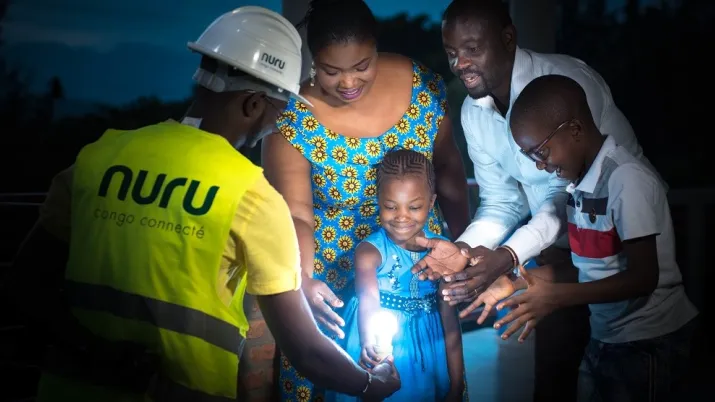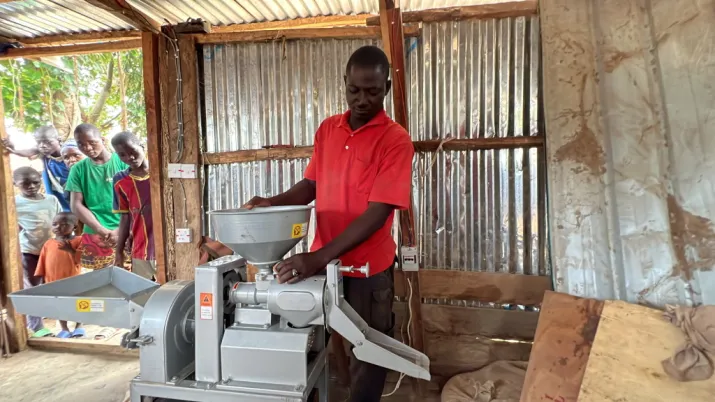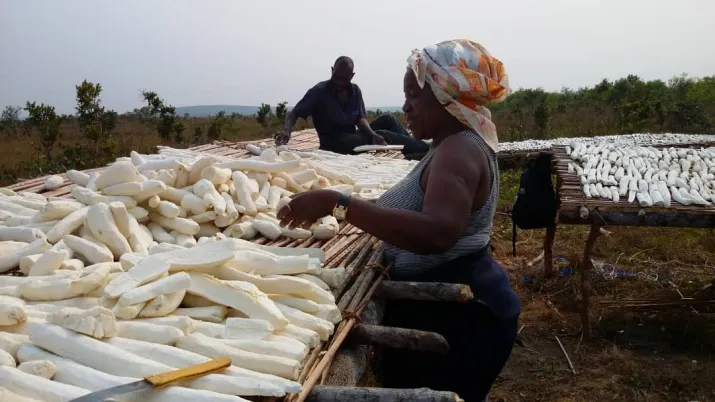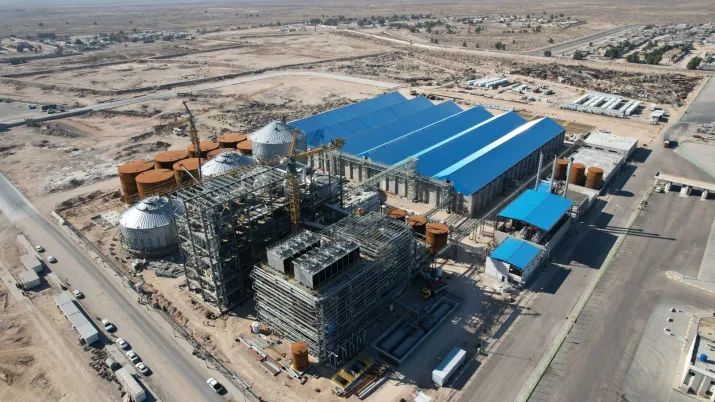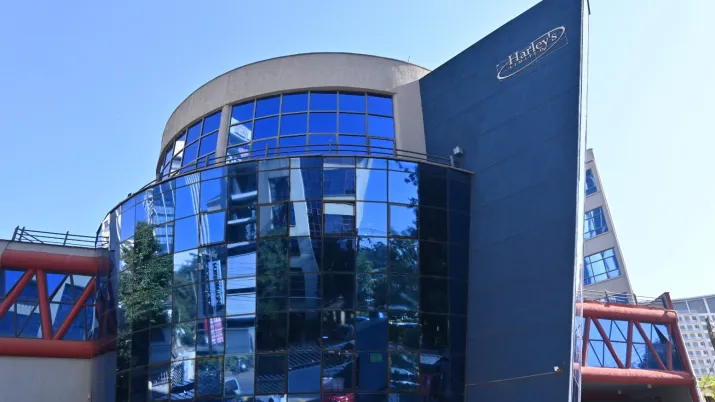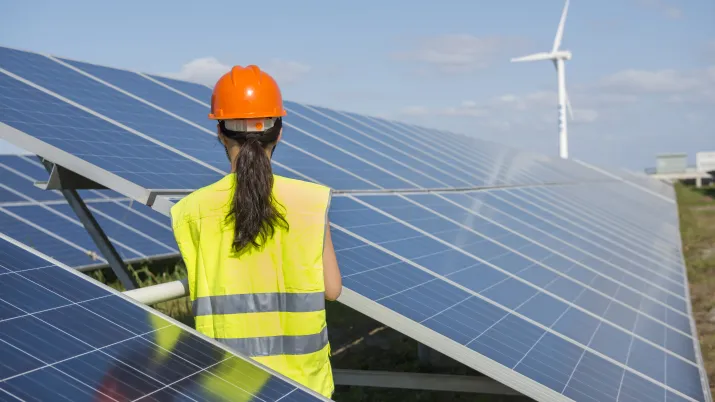Search results
Nuru Series B
Proparco is continuing to support Nuru, a key player in access to clean, reliable and affordable energy for people living in the eastern region of the Democratic Republic of Congo.
Project
Banco Pichincha 2023
Along with other investors, Proparco has renewed its support to Banco Pichincha for green projects in Ecuador.
Project
Husk
Proparco is investing in Husk, an Indian company providing decentralized energy solutions, to contribute to improving access to energy in Africa.
Project
MoneyFellows B
Proparco is supporting an innovative Egyptian start-up, MoneyFellows, which offers affordable loans through a comprehensive range of digital services.
Project
Ecobank Liberia trade finance 2023
Proparco has renewed its support to Ecobank Liberia through a Trade Finance guarantee to support trade between countries, in particular of essential goods.
Project
MCB Climate Facility
This new investment by Proparco and DEG demonstrates the confidence in MCB and its active role in supporting the transition of Mauritius and Africa towards low-carbon, resource-saving and climate-resi...
Project
Qualagric AT (pays fragiles)
Proparco is supporting the association Qualagric through a technical assistance grant for agricultural producers.
Project
Banco Daycoval
By joining forces with Proparco for the first time, Banco Daycoval aims to strengthen its environmental and social performance and develop its Climate Finance activity.
Project
Produbanco 2023
With DEG, Proparco is supporting Ecuador’s private sector by allocating a loan to Produbanco, which will primarily finance SMEs owned by women.
Project
Tiryaki Iraq
By supporting Sama Al-Manar, Proparco is contributing to strengthening food security and job creation. The project will generally help diversify the country’s economy by reducing its dependance on fos...
Project
Orabank Guinée Trade Finance
With Orabank Guinea, Proparco is drawing on the support of a strong local player to facilitate trade finance in the country, and thereby have a positive impact on the Guinean economy.
Project
DAMIETTA
Proparco has joined forces with international investors to support Damietta Port, an attractive shipping site in the Mediterranean with a strategic location in Egypt, through the development of a term...
Project
Harleys
Proparco has joined the shareholding of Harley's, a leading pharmaceutical distributor in Kenya.
Project
CRDB Tanzania 2023
Proparco’s loan aims to support CRDB’s ambitious strategy to increase its loans for climate action and women entrepreneurs. The financing will also support its subsidiary in Burundi.
Project
Linzor IV
Proparco has invested in the Linzor IV fund and is thereby supporting the private sector in Latin America, especially in Mexico, Colombia, Peru and Chile.
Project
The Courier Guy
Proparco, alongside other acquirers, has taken a stake in The Courier Guy, South Africa's leading courier service provider. This acquisition will enable the implementation of an ambitious growth strat...
Project
Lighthouse Fund IV
Proparco has made a USD 15m equity investment in Lighthouse Funds, India’s leading private equity firm. Committed to gender equality, Proparco’s investment will enable the company to strengthen its ge...
Project
EAI 2023
Proparco has made an equity investment in Exacta Asia Investment III LP, a private equity fund that supports midcap companies in the ASEAN+6 countries (Indonesia, Vietnam, Malaysia, Philippines, Thail...
Project
Akbank
Proparco has partnered with Akbank, a Turkish bank committed to sustainable development.
Project
Touton RPA
Proparco has joined forces with a key player in trade, Touton, which employs most of its staff in Africa and contributes to business activity on the continent.
Project

